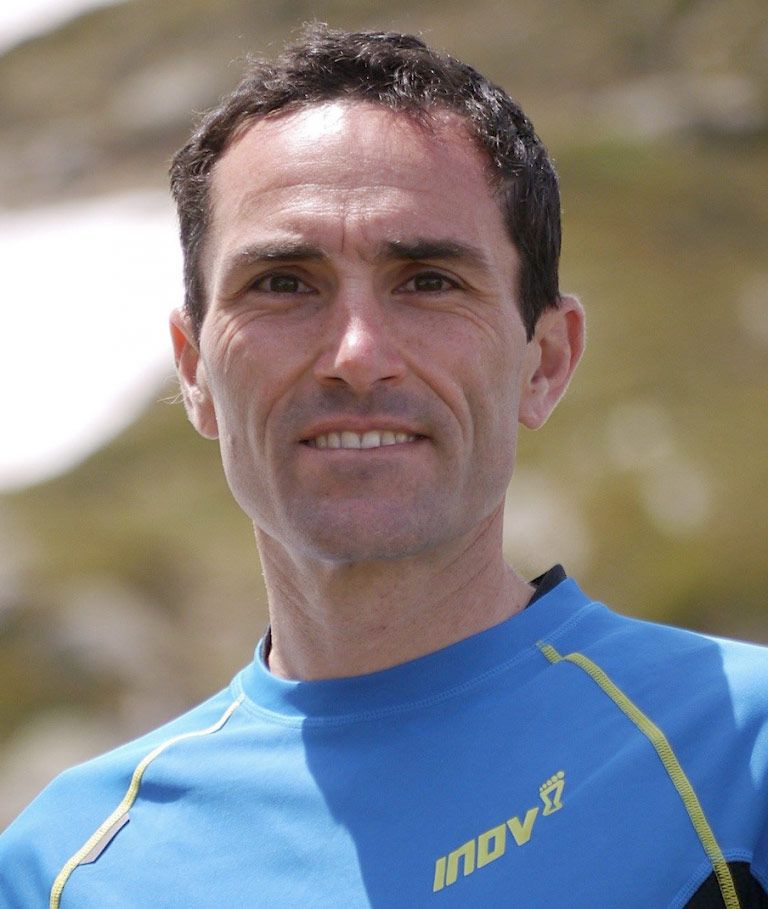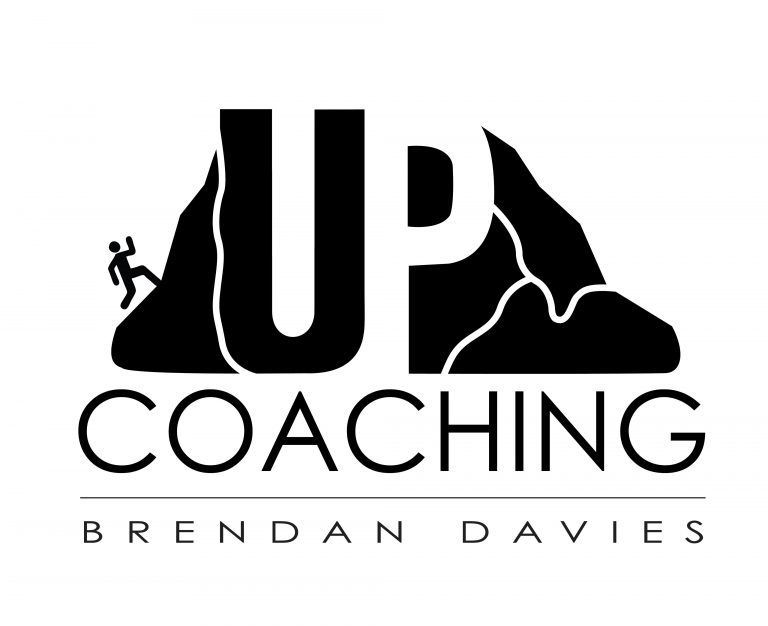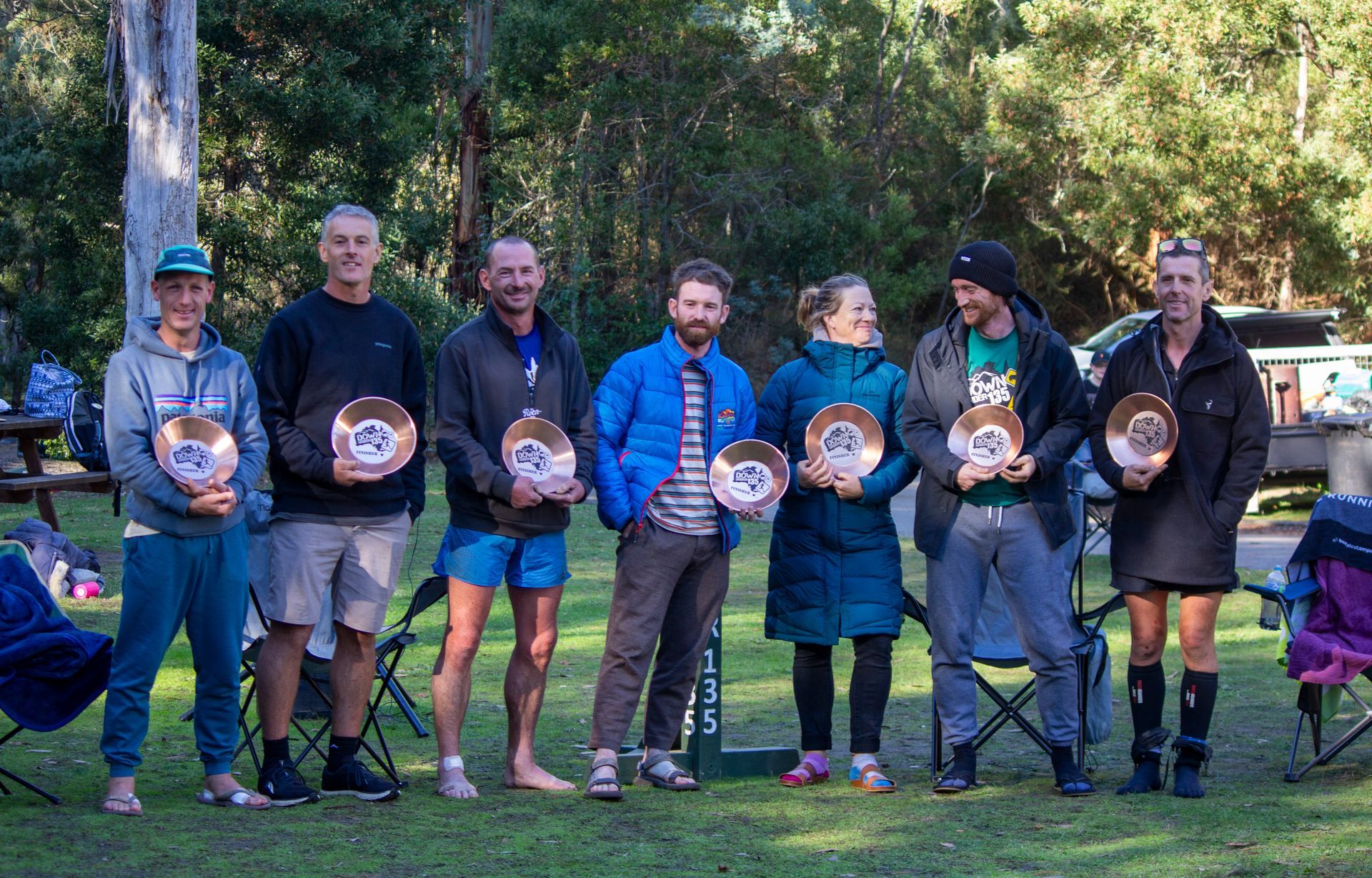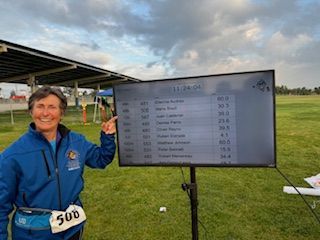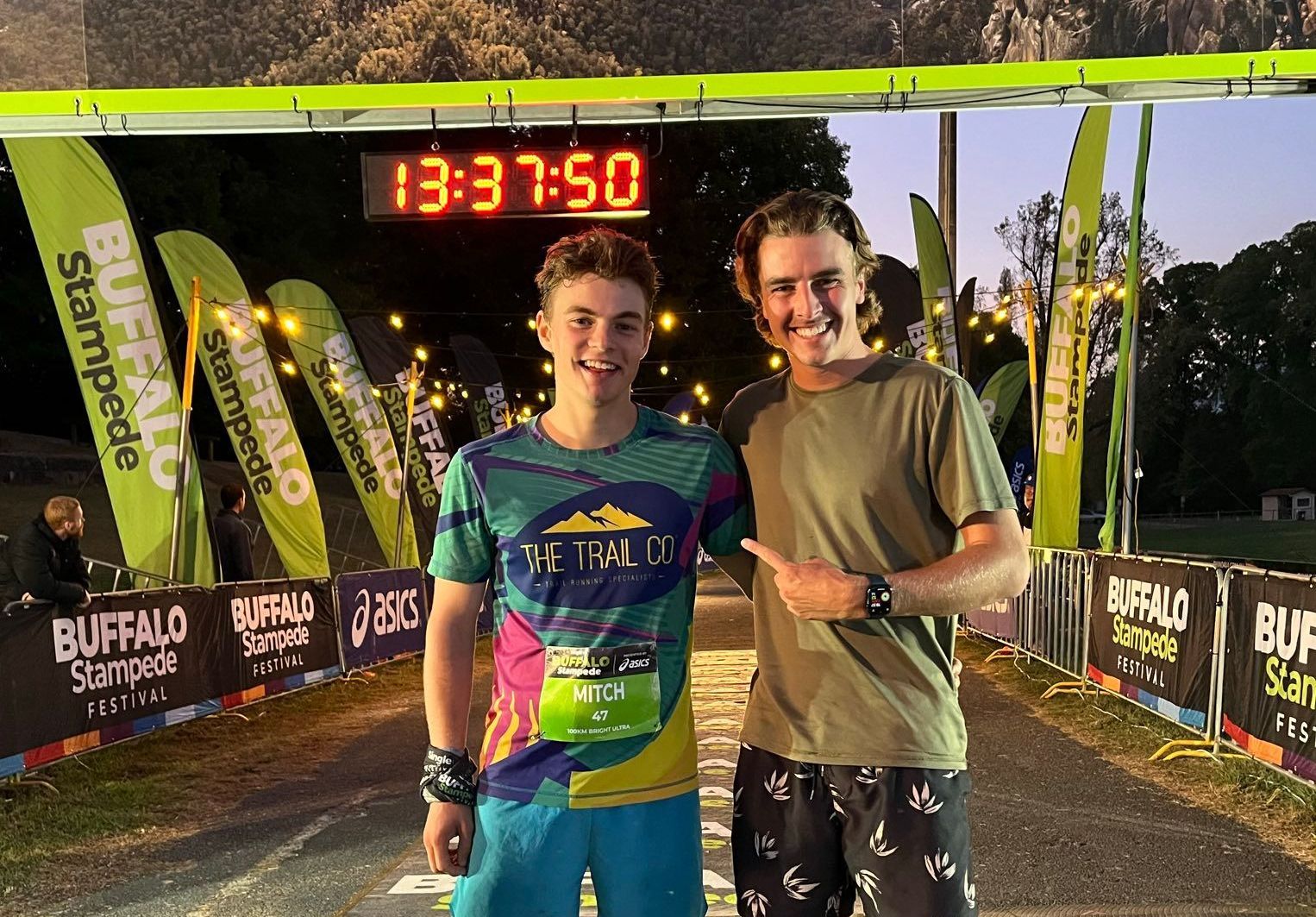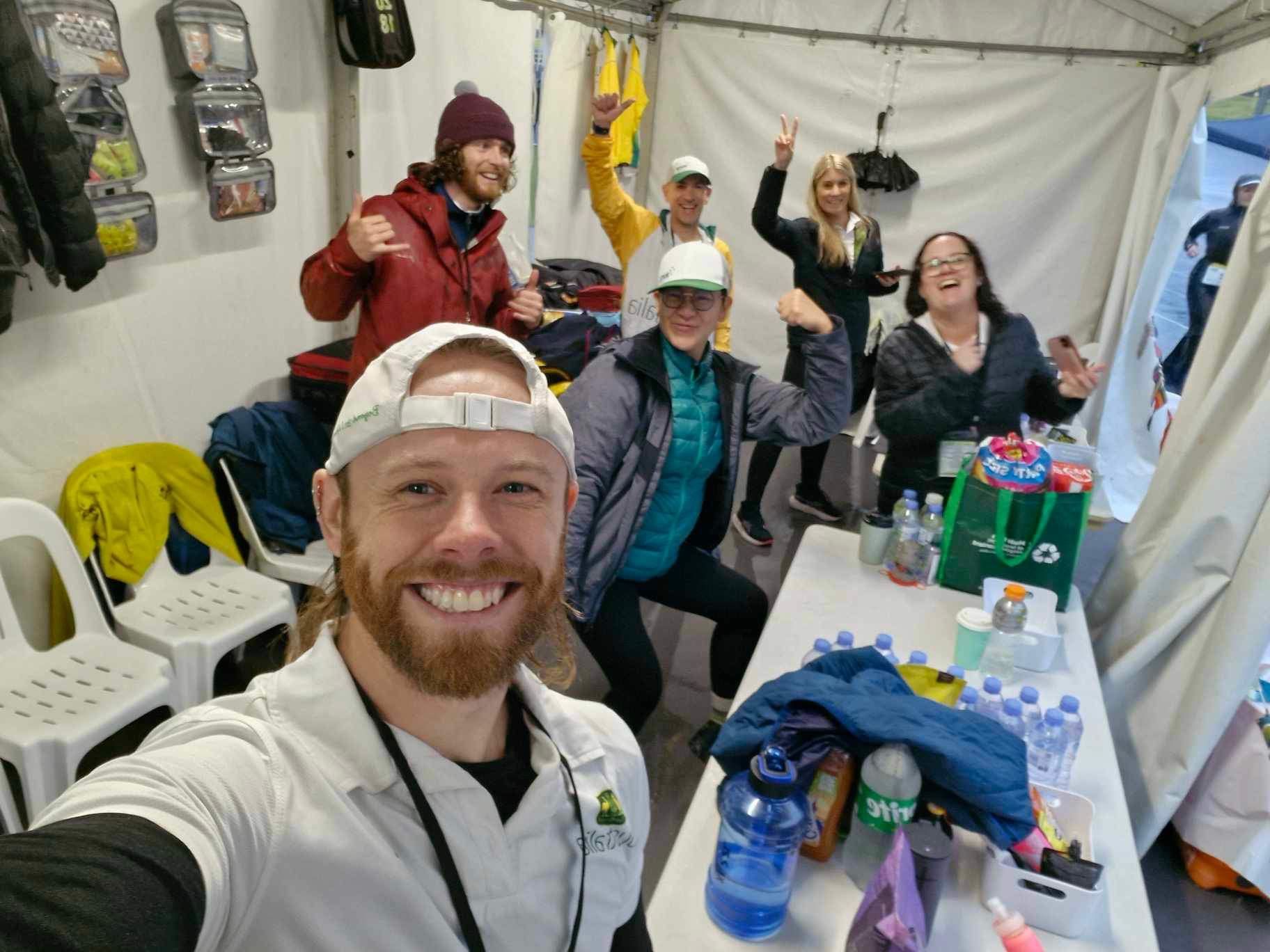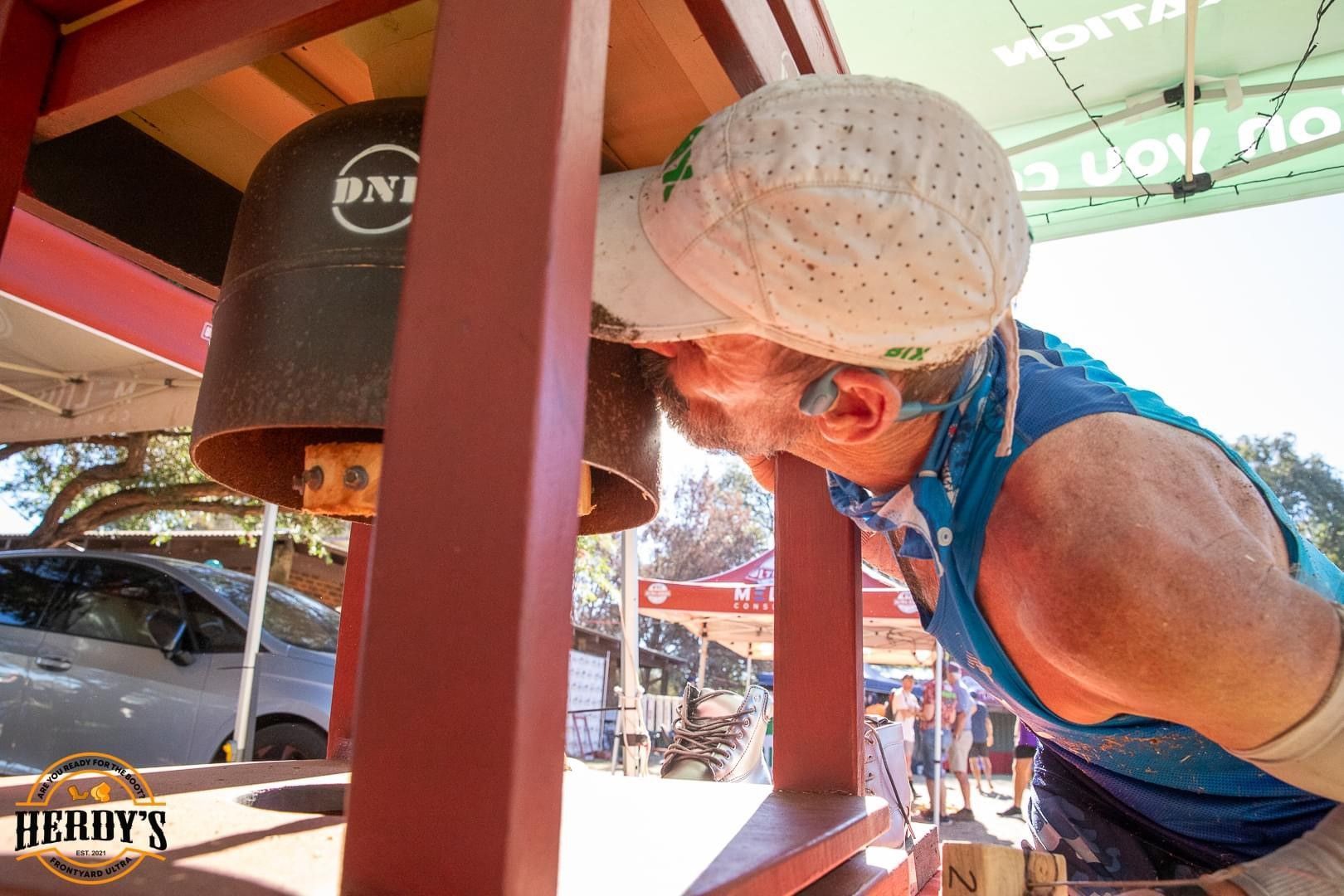Contributed by Brendan Davies, UP Coaching Head Coach & 2018 Captain of the Australian 100k World Team.
UP Coaching specialises in coaching ultra runners across road and trail. Davies’ team of coaches include Australian ultra running representatives Kellie Emmerson, Kelly-ann Varey, Mick Keyte, David Kennedy, Jonathan Worswick and Jodie Oborne. UP Coaching has provided coaching to many prominent Australian ultra runners including Kellie Emmerson, Larissa Tichon, Lou Clifton, Robyn Bruins, Andrew Hough, Steph Auston, Tia Jones and Corrina Black.




